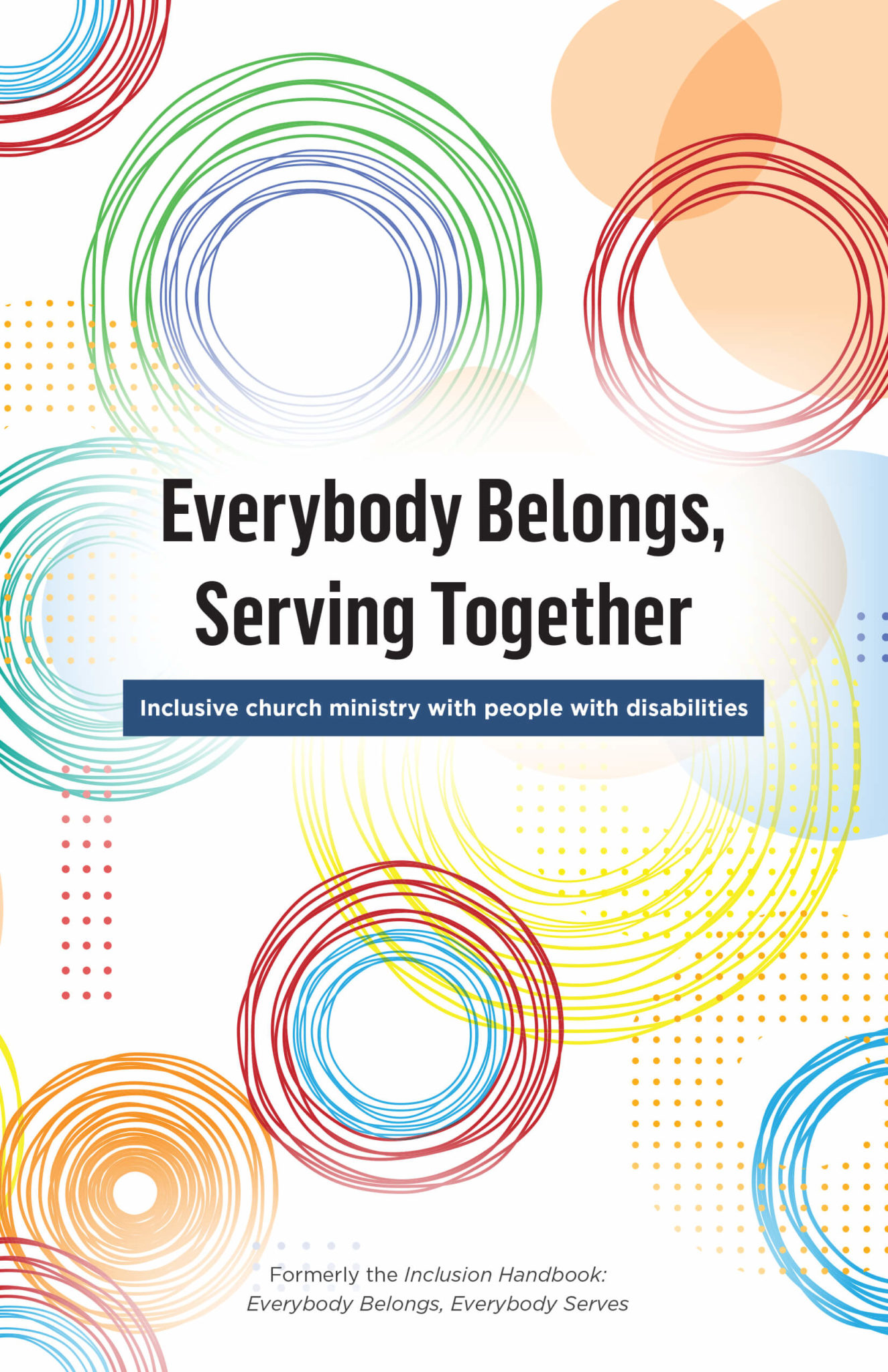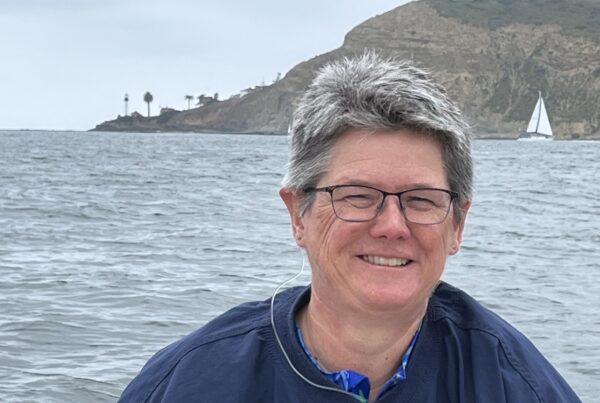As a pastor, I have the privilege of mentoring young adults on the autism spectrum all over the country. One of the pieces of advice I often give is to embrace the qualities that make you unique.
My own autism diagnosis and subsequent sessions with my therapist were among the most spiritual experiences of my life. The process helped me to understand who I am, how my brain works, and how to use my gifts to serve God.
People with disabilities in the New Testament
The church was built to value people on the margins. New Testament passages where people with disabilities are present reveal kingdom values that are essential in the Christian life and in the life of the church (See Luke 4:18-19, John 9:2-7, Galatians 4:13-14, Luke 10:25-37, and Luke 14:1-24).
Values like community, mercy, grace, compassion, service, hospitality, faith, obedience, and honor are all present in these passages. When the church welcomes the leadership of people with disabilities, we remain closely connected to practices of ministry that express God’s heart and kingdom. God can be experienced in new and life-changing ways through the radically different expressions of faith of people with disabilities.
The story of David and Mephibosheth in the Bible
The story of David and Mephibosheth (see 2 Samuel 9) illustrates the need to welcome people with disabilities to God’s table. King David has made a covenant with his deceased friend Jonathan to care for his family. David learns that Jonathan had a son with a disability, Mephibosheth. David makes a commitment to Mephibosheth to care for him and to give him a place at the king’s table.
To eat at the king’s table was a unique privilege, not something given arbitrarily. It was a gesture of loyalty (1 Kings 2:7) and a designation of importance. An invitation to the king’s table was a sign of high honor.
David’s invitation was not just a place at the table, but it was an invitation to have an impact and influence. Despite Mephibosheth’s fears and displays of insecurity, David assured him of his God-given dignity by recognizing his value and by giving him an opportunity to add value to the lives of others. David established a system by which others would benefit from Mephibosheth’s estate. Mephibosheth’s place at the table opened doors and opportunities for many others.
Lest we make the story all about David’s generosity or charity, Mephibosheth was the grandson of Saul, the first king of Israel. Because of his disability, it would have been nearly impossible for him to restore any legitimate claim to the throne of Israel. David gave Mephibosheth a place at the table that should have been his all along.
Applying this story to the church today
Similarly, ministry together with people with disabilities is ministry as it has always been intended—churches where we are all welcomed to the table. We are each called to embrace the qualities that make us unique, for kingdom influence. And to not turn away from the table those who have similarly been called by God to use their gifts for God’s glory.
Listen to the audio version
From Everybody Belongs, Serving Together
Explore the full guide to inclusive ministry with people who have disabilities
- Stories and guidance directly from people who have disabilities
- An interactive accessibility audit with personalized recommendations for your church
- Suggestions for engaging with people who have specific disabilities, from hearing loss to autism
- So much more!
Rev. Lamar Hardwick
Lamar Hardwick (DMin, Liberty Baptist Theological Seminary) is the lead pastor at Tri-Cities Church in East Point, Georgia. In 2014 at the age of 36, Lamar was diagnosed with Autism Spectrum Disorder. He writes and speaks frequently on the topic of disability, especially autism, and he is the author of the best-selling book I am Strong: The Life and Journey of an Autistic Pastor, and is releasing a new book, Disability and the Church: A Vision for Diversity and Inclusion, with Intervarsity Press.




